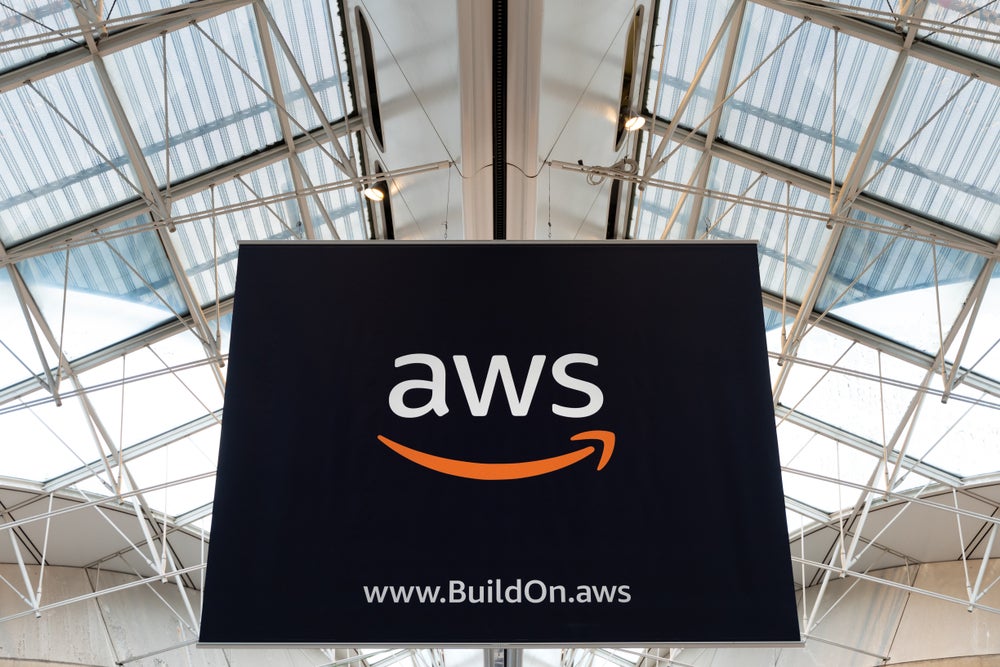Within the highly competitive cloud platforms space, Amazon Web Services (AWS) is pushing the notion of easing modern application deployments through vastly improved serverless computing architectures. Leveraging an advanced application architecture that scales up and down on demand to accommodate bandwidth peaks is an alluring concept (think Black Friday and Cyber Monday); however, serious glitches have prevented wide-spread adoption of the emerging technology. Now, the vendor of the industry’s most popular serverless brand, AWS Lambda, has announced advancements that promise to significantly abstract complex infrastructure configurations.
If there was one obvious theme during AWS re:Invent 2022 (i.e., the cloud leader’s top tech conference of the year), it was serverless computing and how AWS Lambda is being tied to numerous technology initiatives. AWS is promoting its popular high-productivity app dev and data services by attaching a serverless computing architecture as a more viable deployment option. AWS is coaxing adoption of its premier solutions by simplifying underlying cloud management, scaling, and elasticity complexities required of mission-critical cloud apps.
One new Lambda feature in particular, SnapStart, helps to significantly reduce serverless cold-start latency caused when a function lies idle for some time and the initiation process needs to reboot. The speedier process is meant to encourage more AWS users to consider Lambda as a feasible alternative for running modernized workloads. While AWS outlined minimal updates to Lambda, the company announced that several services are now being coupled with serverless options. These include: Amazon Inspector, a vulnerability management service; Amazon OpenSearch Service, a real-time app monitoring, log analytics, and website search engine; and AWS Application Composer, a low-code tool for accelerating the creation of serverless applications.
Event-driven architectures and AWS
The notion of event-driven architectures (i.e., the composition of loosely coupled services that process events in real-time) plays nicely with a serverless computing structure. The term was referred to numerous times by AWS CTO Werner Vogels. He described a world where modern workflows are easily created through composable apps via loosely coupled components. Add low-code tools to the mix, and enterprises will have the option of involving a broader set of participants (i.e., citizen developers) to their digital transformation process.
The company’s strategy and events build on previous efforts. In spring of 2022, AWS announced an update to its popular AWS Amplify Studio development tool, which provides frontend developers with greater automation and serverless computing access to ease scalability requirements. Its latest initiative also builds on the company’s 2021 release of a serverless computing option to support Amazon RedShift data queries. 2023 will be the year of serverless computing based on technology advancements and increased focus by key platform providers. The advanced application architecture has been at the forefront of other vendor announcements, oftentimes tied to data management solutions. Microsoft recently announced serverless compute capabilities attached to its Azure Databricks data solution. Cisco also recently added serverless computing support to its security products (i.e., FunctionClarity and Panoptica App). The increased activity around serverless architectures will benefit enterprises searching for access to a smoother development and deployment path for their modern apps.
How well do you really know your competitors?
Access the most comprehensive Company Profiles on the market, powered by GlobalData. Save hours of research. Gain competitive edge.

Thank you!
Your download email will arrive shortly
Not ready to buy yet? Download a free sample
We are confident about the unique quality of our Company Profiles. However, we want you to make the most beneficial decision for your business, so we offer a free sample that you can download by submitting the below form
By GlobalData





Related Company Profiles
Amazon Web Services Inc